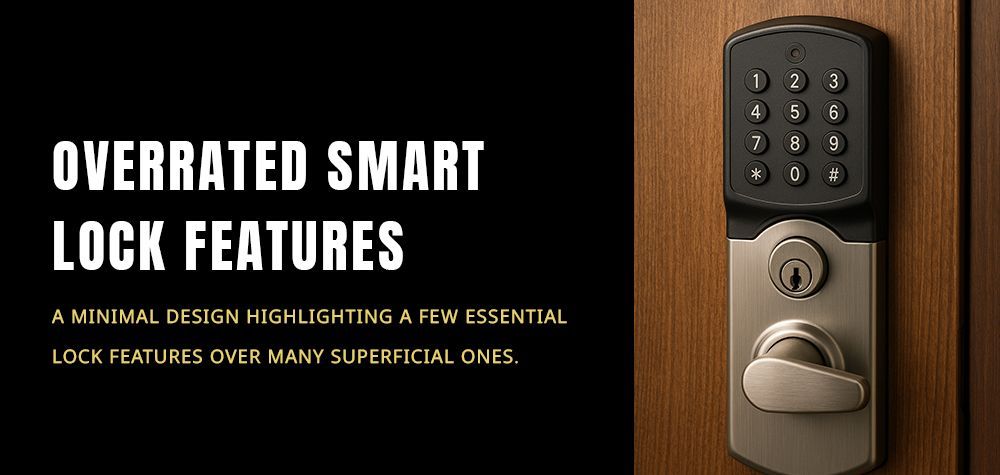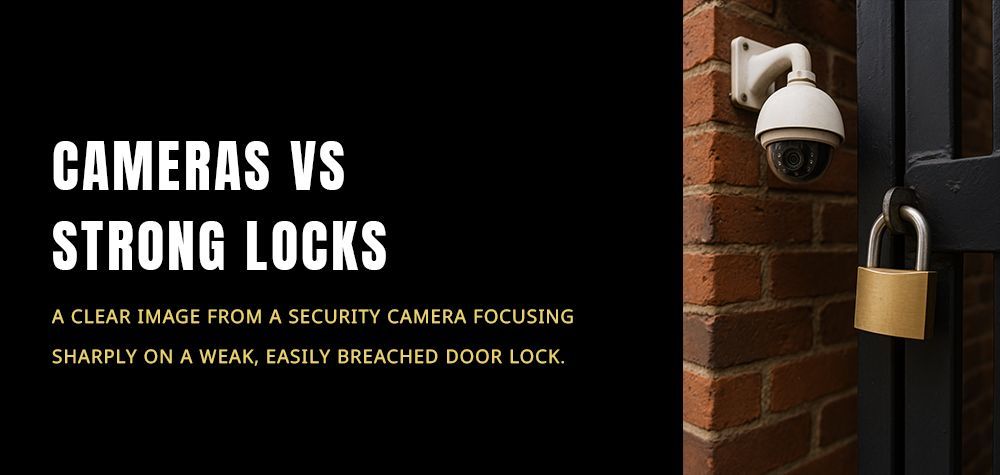Preventing Car Door Lock Corrosion: Maintenance Tips for Long-Term Repair
Car door lock corrosion is a sneaky problem that can cause major headaches down the road. Over time, exposure to moisture, road salt, and grime can lead to rust and corrosion, which not only affects the smooth operation of your locks but can also result in costly repairs or replacements. Fortunately, with a bit of regular maintenance and some proactive measures, you can prevent corrosion and keep your car door locks functioning flawlessly. Here’s a comprehensive guide on how to protect your door locks from corrosion and ensure they remain in top condition.
Regular Cleaning
How It Helps: Dirt, grime, and debris can accumulate on and around your car door locks, leading to corrosion over time. Regular cleaning helps remove these contaminants and prevents buildup that can accelerate rusting.
Steps:
- Prepare Cleaning Solution: Mix mild soap with warm water to create a gentle cleaning solution.
- Clean the Lock: Use a soft cloth or sponge to wipe down the lock and surrounding area. Avoid using abrasive materials that could scratch the surface.
- Dry Thoroughly: After cleaning, make sure to dry the lock completely with a clean, dry cloth. Moisture left behind can contribute to corrosion.
Apply Lubricant
How It Helps: Lubricants help reduce friction and wear in the lock mechanism, ensuring smooth operation and protecting against rust. A high-quality lubricant also displaces moisture, providing an extra layer of protection.
Steps:
- Select the Right Lubricant: Choose a lubricant designed specifically for automotive door locks. Graphite-based lubricants are a good option as they don’t attract dirt.
- Apply the Lubricant: Insert the nozzle or applicator into the keyhole or lock mechanism and apply a small amount of lubricant.
- Distribute Evenly: Turn the key or operate the lock to work the lubricant into the mechanism, ensuring it reaches all moving parts.
Avoid Excessive Moisture
How It Helps: Excessive moisture can lead to rust and corrosion in door locks. Protecting your locks from rain, snow, and humidity helps prevent these issues.
Steps:
- Use a Lock Cover: Install a protective cover over the lock to shield it from rain and snow. These covers are inexpensive and can be easily found at automotive stores.
- Apply Water-Resistant Spray: Use a water-resistant spray designed for automotive use to coat the lock area. This adds an extra layer of protection against moisture.
Inspect and Replace Weather Seals
How It Helps: Weather seals around your car door play a crucial role in keeping water and debris out of the lock area. Damaged or worn seals can allow moisture to enter, leading to corrosion.
Steps:
- Inspect Seals: Regularly check the weather seals around your car doors for any signs of damage, such as cracks or gaps.
- Replace as Needed: If you notice any wear or damage, replace the seals with new ones. This will help keep the lock area dry and protected.
Use De-Icer Spray in Winter
How It Helps: In cold weather, locks can freeze and become difficult to operate. De-icer spray helps prevent freezing and keeps the lock mechanism functioning smoothly.
Steps:
- Select De-Icer Spray: Purchase a de-icer spray designed for automotive use. These sprays are formulated to quickly thaw frozen locks.
- Apply Before Cold Weather: Spray the de-icer into the lock before temperatures drop. This will help prevent the lock from freezing and reduce the risk of corrosion.
Professional Maintenance
Even with the best DIY care, sometimes your car door locks need a professional touch to ensure they're in top condition. Regular inspections by a professional locksmith or mechanic can identify issues that you might miss, such as early signs of corrosion or internal wear. These experts can provide thorough cleaning, lubrication, and any necessary repairs to prevent minor problems from becoming major headaches. Scheduling regular check-ups not only prolongs the life of your locks but also gives you peace of mind knowing that your vehicle's security features are functioning optimally. For expert assistance, Brothers Locksmith offers top-notch services to keep your car door locks in excellent shape.
Conclusion
Maintaining your car door locks might seem like a small task, but it can make a big difference in preventing corrosion and ensuring long-term functionality. By following these tips—regular cleaning, applying lubricant, avoiding excessive moisture, inspecting and replacing weather seals, using de-icer spray in winter, and seeking professional maintenance—you can keep your locks in great shape and avoid costly repairs. If you encounter persistent issues or need expert advice, don’t hesitate to reach out to Brothers Locksmith for professional help. They can provide the guidance and service you need to keep your car door locks operating smoothly and reliably.
Call Us Any Time!






